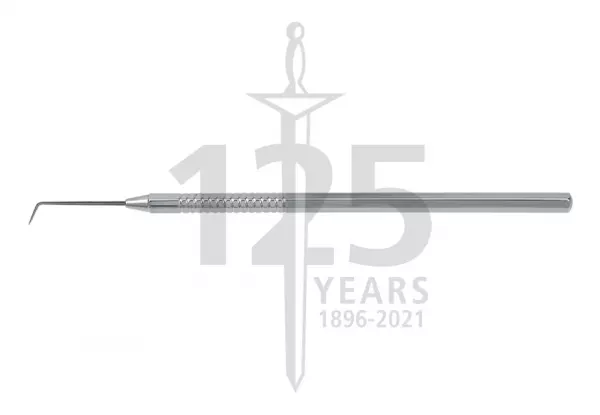
Explorers - Diagnostic Instruments Dental
Explorers - Diagnostic Instruments Dental made by Schwert 3007-16 EXPL...
Portal and digital medical technology fair of the largest MedTech cluster in Germany

Explorers - Diagnostic Instruments Dental
Explorers - Diagnostic Instruments Dental made by Schwert 3007-16 EXPL...
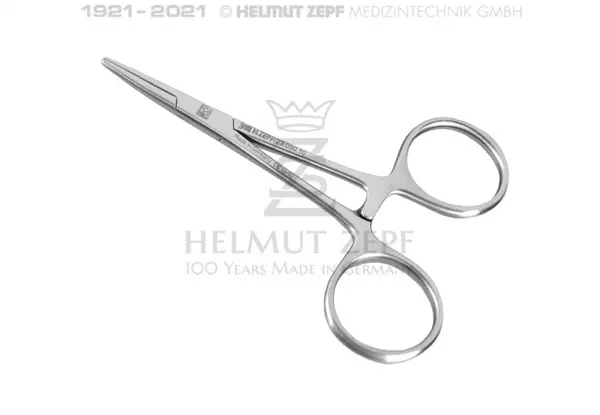
Forceps - Dental Surgical Instruments
23.050.10 HAEMOSTATIC FORCEPS, HARTMANN, STRAIGHT, 10 CM 23.051.10 HAEMOSTATIC FORCEPS, HAR...
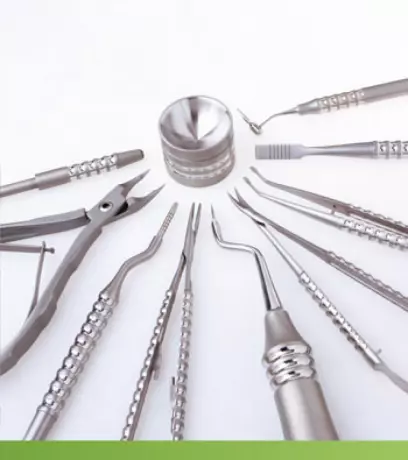
Surgical instruments for oral surgeons
Surgical instruments are an important criterion in the competence of an oral surgeon. The focus is...
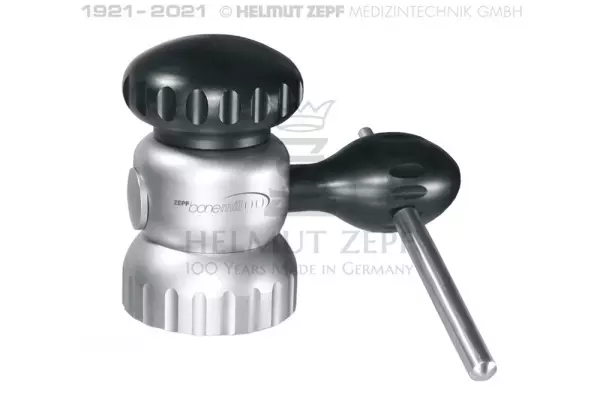
Bone Management - Dental Implant Instruments
19.714.01 APPLICATOR FOR AUGMENTATION INJECTOR Ø 2,5 MM, LENGTH: CA. 160 MM 19.714.16...

Distraction osteogenesis has become established worldwide in oral and maxillofacial surgery. We cove...
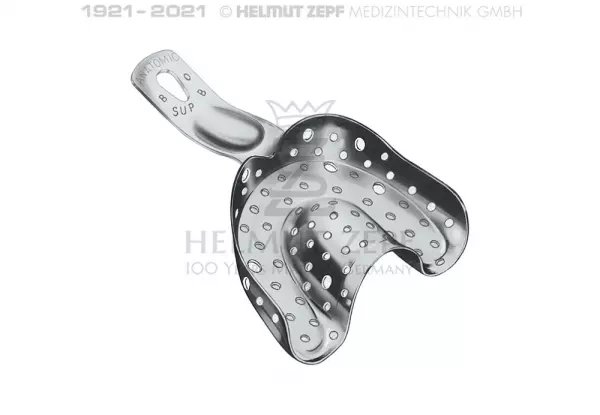
Impression Trays - Dental Instruments for...
Impression Trays - Dental Instruments for Conservative Dentistry 28.601.00 IMPRESSIO...
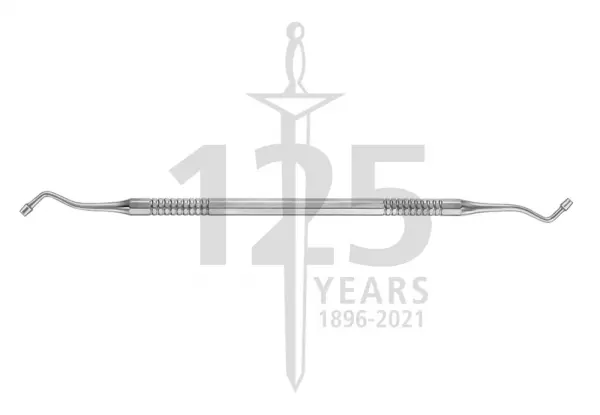
Filling Instruments - Restorative / Endodontic
Filling Instruments - Restorative / Endodontic made by Schwert 3425 CALCIUM-HYDROXID...

Chisels / Files / OMF - Dental Surgical Instrument-Sets
41.550.00 CHISEL, OSTEOTOM SET IDR KIT ACC. TO DR. J. C. M. ROSA CONSISTING OF: 41.550.06 C...
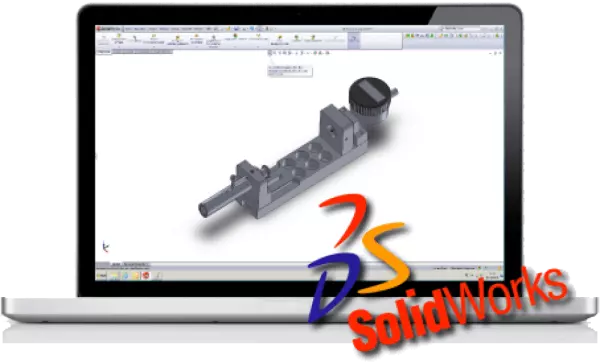
Contract manufacturing of precise turned...
Contract manufacturing of precise turned and milled parts for medical technology perame...
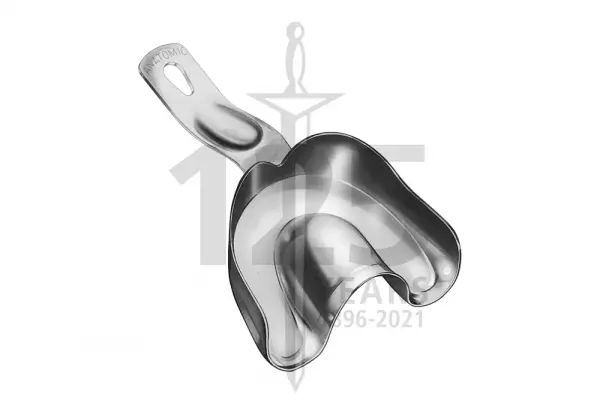
Impression Trays Dental - Tooth Replacement...
Impression Trays Dental - Tooth Replacement / Correction / Orthodontics made by Schwert 4970...
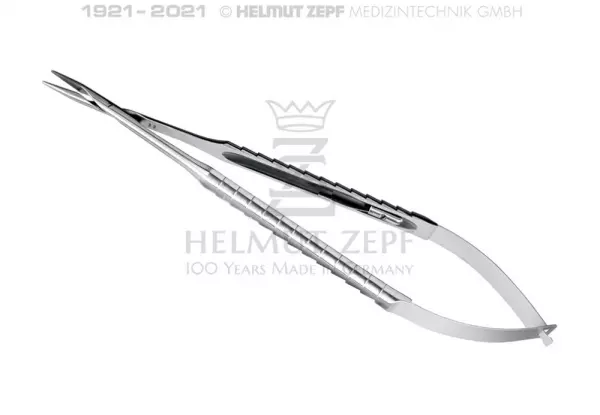
Dental Microsurgery Instruments
46.319.17 SCISSORS, SURGICAL TISSUE, MICRO MICRO-SPRING SCISSORS, MICRO SERR. ZEPF-LINE, SH/SH, A...
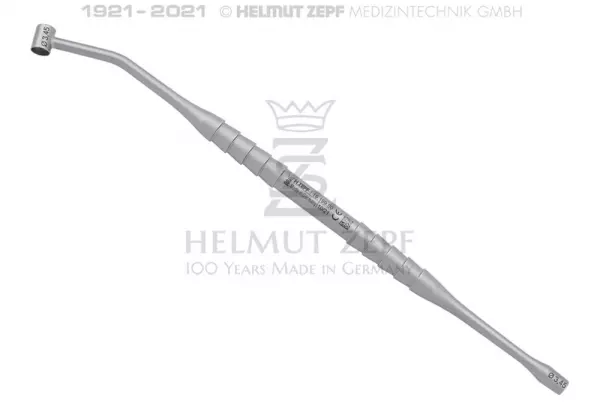
Brush Holder - Dental Instruments for Conservative...
Brush Holder - Dental Instruments for Conservative Dentistry 19.199.00 HAN...

Fracture Splints - Dental Surgical Instruments
41.905.00 FRACTURE BENDING- FRACTURE WIRE- SPLINTS ERICH, WITH HOOKS, IN COILS OF 1 METER, 41....
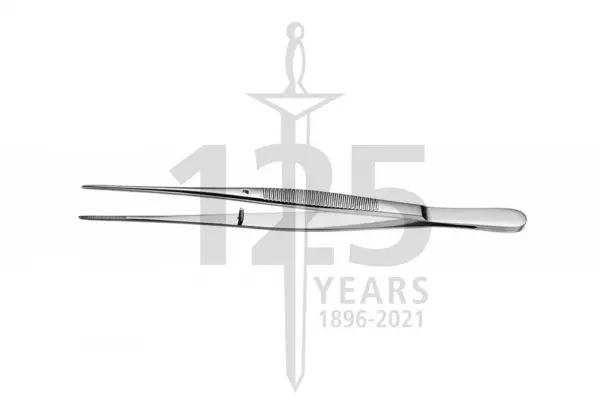
Dissecting forceps - dental instruments
Dissecting Forceps - dental instruments from Schwert 1197-13 DISSECTING FORCEPS FINE SEMK...
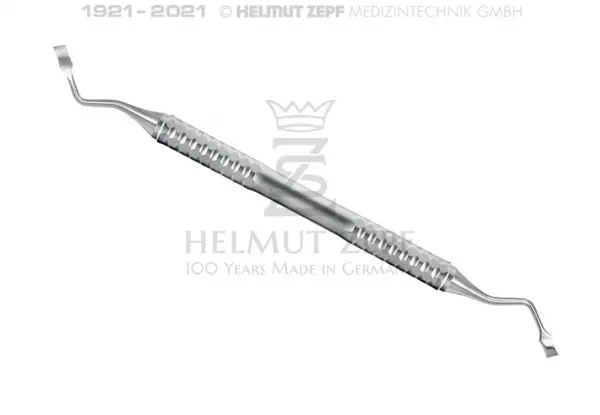
Knives, Hoes, Chisels - Dental Instruments...
24.437.01 KNIFE, PERIODONTIC KIRKLAND, GINGIVECTOMY-KNIFE, K 15/16 WITH HOLLOW HANDLE LIKE SERIES...
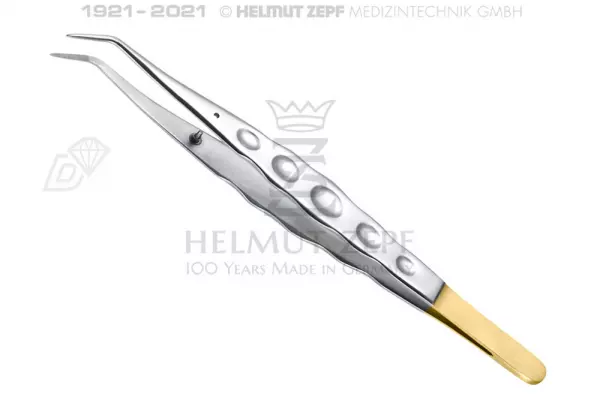
Cotton Pliers / Tweezers for Dental Instruments...
22.011.03 PLIERS OPERATIVE, LONDON-COLLEGE, TWEEZER, FIG.3, SERRATED LONG TIPS, 15 CM 22.014.0...
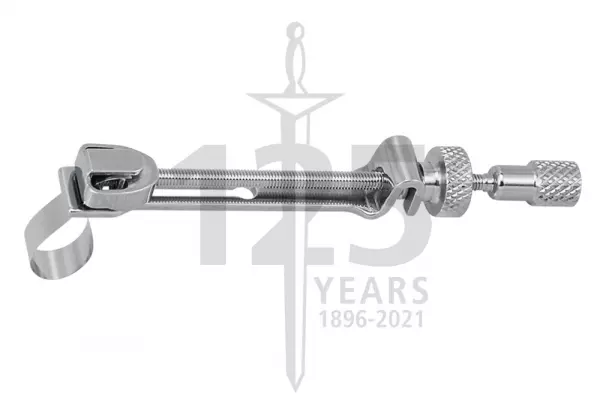
Matrix Retainer / Band - Restorative / Endodontic...
Matrix Retainer / Band - Restorative / Endodontic Instruments made by Schwert 3585 M...
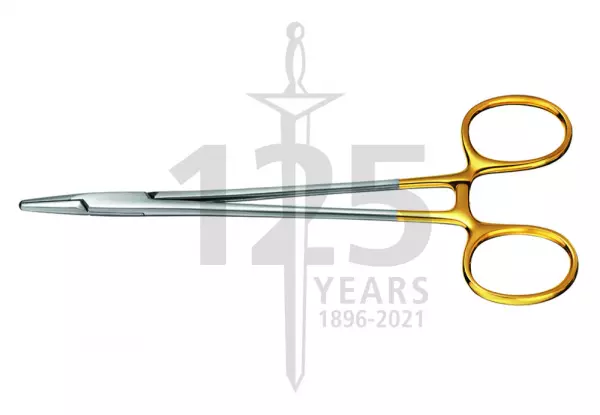
Needle holder - dental instruments
Retractors - dental instruments from Schwert 2011 TC NEEDLE HOLDERS 13CM BAUMGARTNER WITH TUNG...
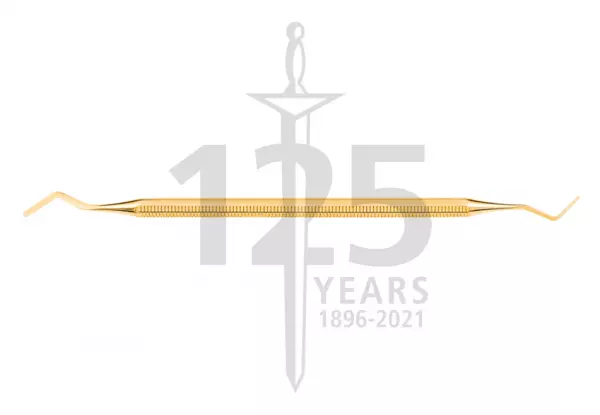
Composite Instruments - Dental Restorative...
Composite Instruments - Dental Restorative / Endodontic made by Schwert 4085-00TI COMPOSITE MO...

Décolletage & CNC turning / parts - contract...
Décolletage & turning - contract manufacturing for medical products In classic turning...
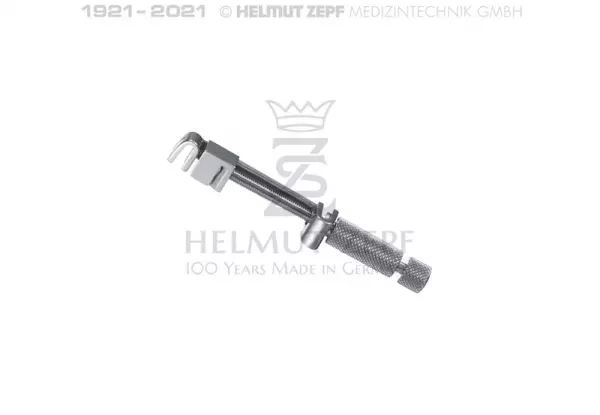
Matrix Retrainers & Bands - Dental Instruments...
Matrix Retrainers & Bands - Dental Instruments for Conservative Dentistry ...
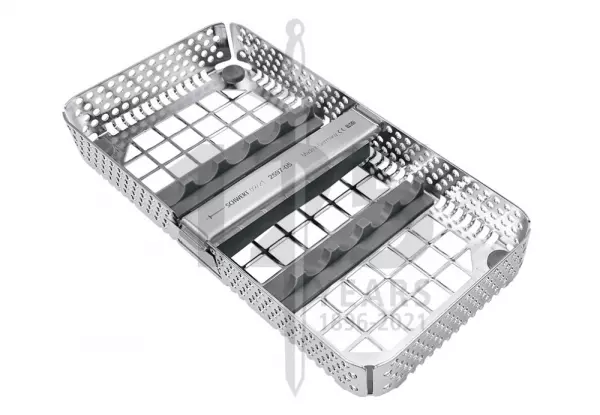
Baskets, trays for instrument reprocessing...
Baskets and Trays for instrument reprocessing - Dental made by Schwert 2...
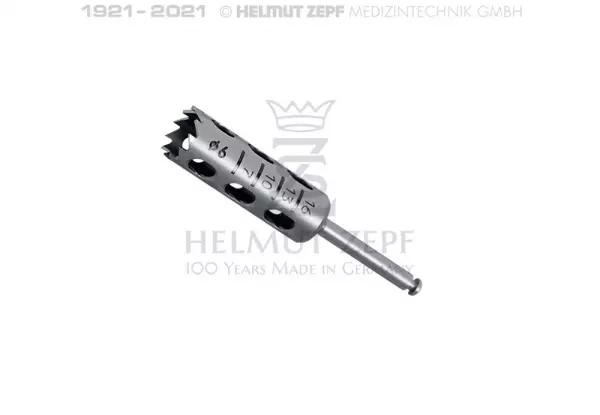
Trephines - Dental Implant Instruments
08.910.01 TREPHINE INSIDE Ø 1,7 MM SHAFT 2,35 MM X 30 MM LG- 7 TEETH GRADUATION 7/10/13/16...
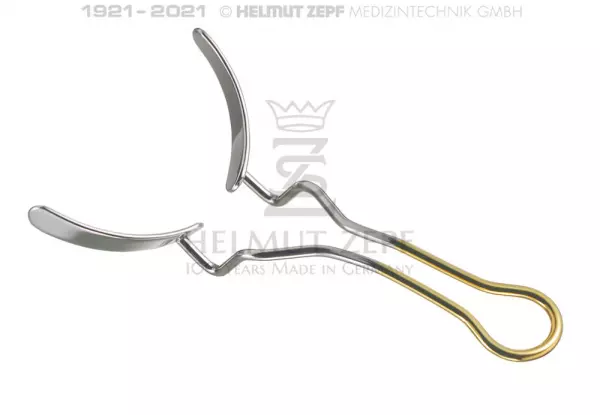
Retractors, Gags - Dental Surgery Instruments
37.258.40 GAG, MOUTH MOUTH GAGS (2 PIECES),BLUE, SMALL, SILICONE, 4,5 X 3,2 X 2,85 CM 37.258.4...
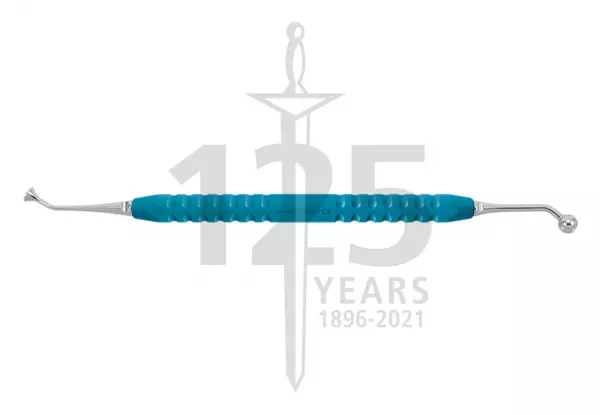
Bone Treatment - dental instruments
Bone Treatment - dental instruments from Schwert 1418-3 BONE RASPATORY FOR GAINING A...
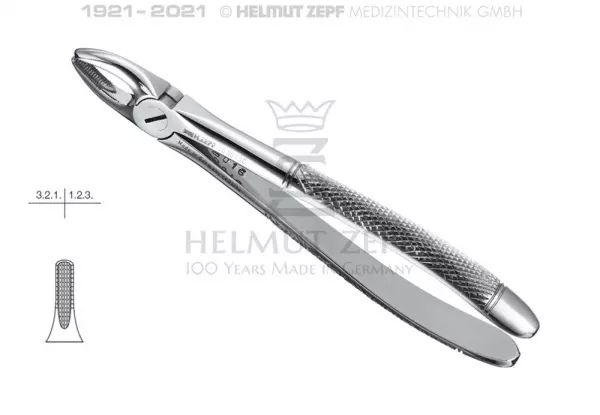
Extracting Forceps Standard - Dental Instruments...
Extracting Forceps Standard - Dental Instruments for Extraction 10.001.00 EXTRACTING FORCEPS,...
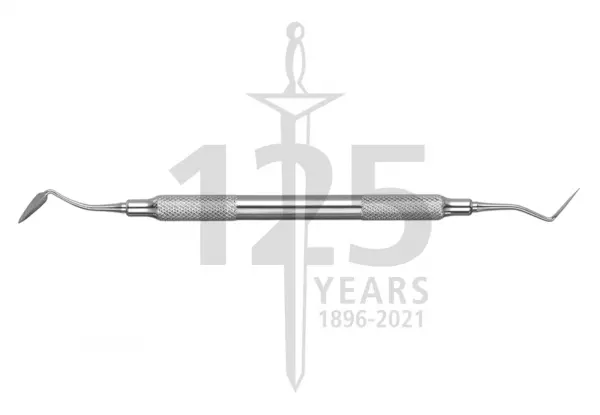
Knives, Chisels - Dental instruments
Knives und Chisels - Dental instruments made by Schwert 3233-6 SUGARMAN FI...
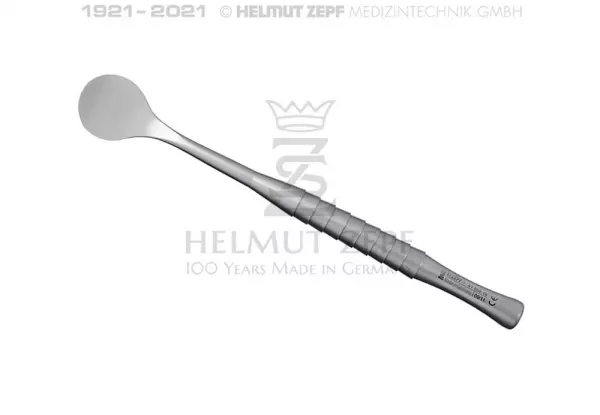
Sharp Spoons - Dental Surgery instruments
41.834.11 CURETTE HEMINGWAY, SHARP SPOON/CURETTE, DOUBLE ENDED, ZEPF-LINE 41.845.11 HEMINGW...
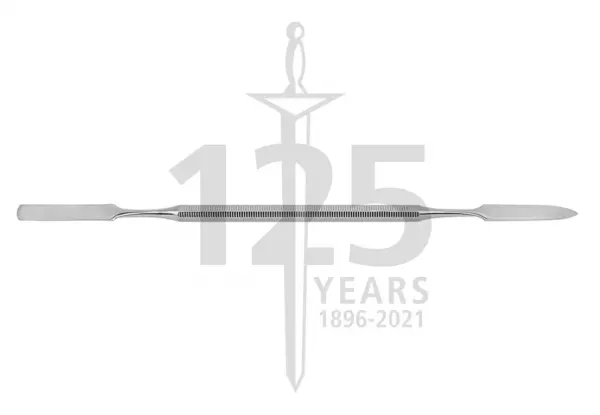
Cement Spatulas - Restorative / Endodontic Instruments
Cement Spatulas - Restorative / Endodontic made by Schwert 4310 CEMENT SPATULA...
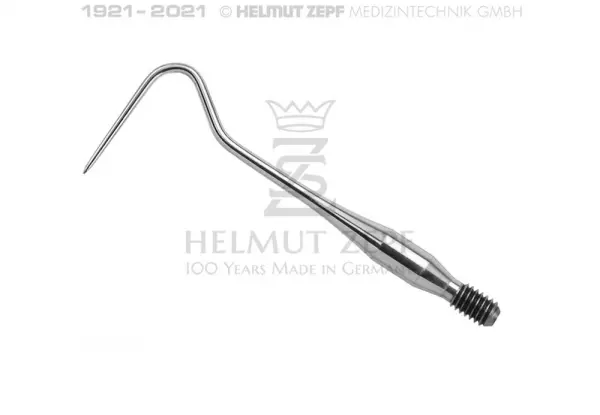
Explorers for Dental Instruments - Diagnosics
24.098.03A EXPLORER-INSET, OPERATIVE, FIG. 3A, M4X,05 24.099.08 EXPLORER INSERT, OPERATIVE...
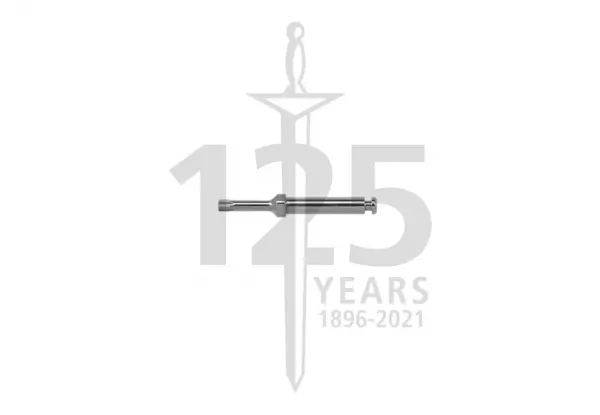
Screw Drivers, Ratchets - Dental Instruments
Screw Drivers, Ratchets - Dental Instruments made by Schwert 6801-01 TRAY, SURGICAL,...
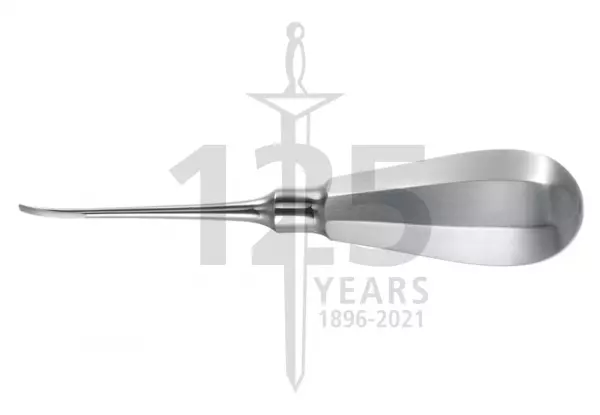
Root Elevators + Forceps - Extraction Dental...
Root Elevators + Forceps - Extraction Dental Instruments made by Schwert 610-12 ROOT...
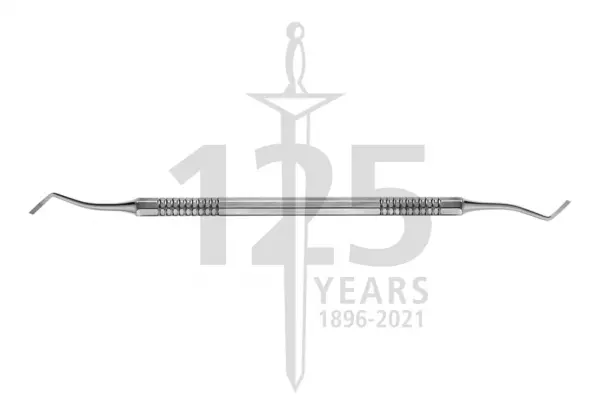
Universal Instruments - Restorative / Endodontic
Universal Instruments - Restorative / Endodontic made by Schwert 3452-77 FILLING REM...
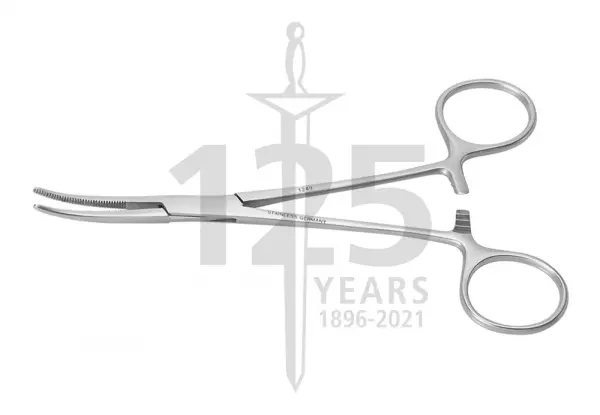
Universal /Clamps dental instruments
Universal /Clamps dental instruments from Schwert 1248 HAEMOST.FORCEPS STRAIGHT...
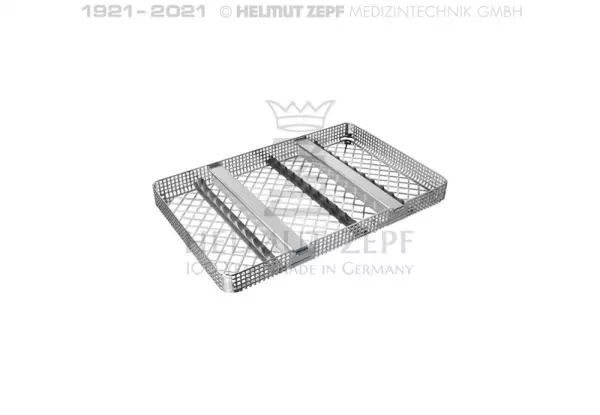
Trays / Baskets for Dental Instruments
85.180.00 TRAY, SURGICAL, INSTRUMENT WASH TRAY 1/1 W. 2 INSTR.SUPPORTS & 1 RETAINER LENGHTWIS...

Pin and Membrane Instruments - Dental
Pin and Membrane Instruments made by Schwert
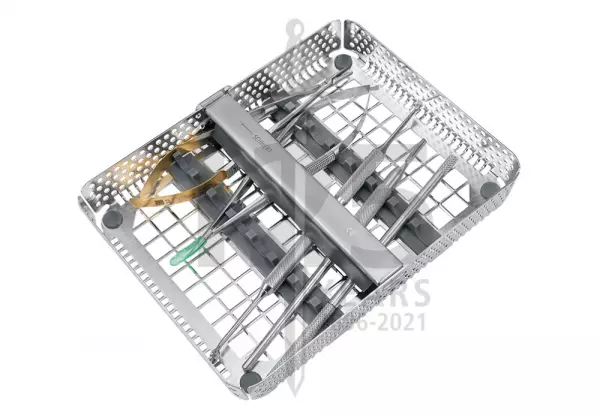
Universal Instruments, Dental Sets
Universal Instruments, Dental Sets - made by Schwert 1035 RAZOR BLADE HOLDER CA...
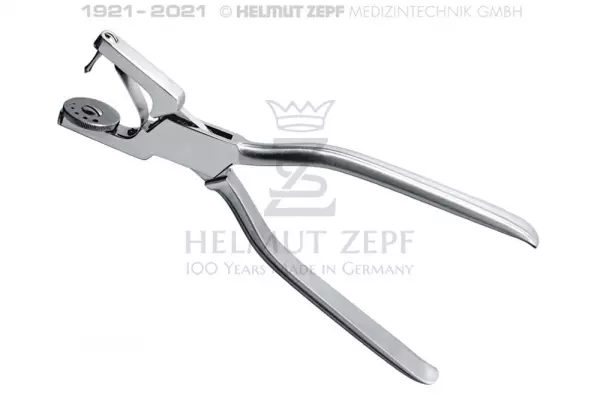
Universal Instruments, RUBBER-DAM FORCEPS,...
Universal Instruments, RUBBER-DAM FORCEPS, AINSWORTH - Dental Instruments for Conservative Dentistry...

Jaw surgery involves repositioning your jaw bone by using screws, wires, or plates. The procedure can work on the top jawbone, the bottom, or any combination of the three. It is considered a major medical procedure, and is performed under general anesthesia. The recovery time will depend on the complexity of the surgery, and may last for several hours. During this time, you may feel extreme pain or exhaustion. However, most patients recover quickly and completely.
After the surgery, you will need a few days to rest. You will most likely need a temporary jaw support to use your mouth, but you will soon be able to move your jaw. While you may be unable to brush your teeth for a few days, you should brush your teeth regularly to aid in the healing process and to prevent infection. You may also want to use a chlorhexidine mouthwash or warm salt water.
Depending on the type of surgery you have, you may need a longer recovery time. If you work in a busy environment, you may want to consider taking some time off after the surgery. Usually, you will need to take a few weeks off from work to heal properly. Your jaw will be sore after surgery, and you should avoid strenuous activities for a few weeks. You should also take some time off from work to heal properly.
Once your jaw surgery is completed, you will need a few weeks to recover. You will need to rest for at least a week. After your surgery, you'll need to continue your daily oral hygiene routine. You can brush your teeth every day, but it will be difficult to brush your teeth without support. During this time, you should rinsing with chlorhexidine mouthwash or warm salt water. Once your mouth is open, you can begin using a new jaw.
Surgical procedures can improve your bite. Some patients have problems opening their jaws properly because the jaw is too narrow. When your airway is too narrow, you will not be able to close your teeth together. You should also consult with a surgeon before making any decisions. Your doctor will discuss your condition with you in detail. It's important that you understand the risks and benefits of the procedure. The procedure is very safe and can be performed without fear of complications.
You should consult your surgeon about your health history before undergoing jaw surgery. The surgeon will review your symptoms, medical history, social and lifestyle factors, and determine if jaw surgery is the best option for you. During the recovery period, you'll need to take medications to help relieve pain and swelling. It's important to let your surgeon know about any allergies you may have so that he or she can prepare for any possible complications. You should also take your time to recover from the surgery.
In most cases, the procedure will be done under general anesthesia in a hospital. The surgeon will use internal fixation devices to connect the repositioned segments to your jaws. Once your jaw is aligned, your doctor will place training elastics to ensure that you'll have a normal bite. You'll need to stay in the hospital for at least one to two days before you can go home. If your surgery is successful, your pain will be minimized.
A doctor may use a variety of techniques during a procedure to align your jaws and improve the alignment of your jaw. For instance, he or she may use a surgical plate to reposition your jaw. Other procedures involve moving your jawbones to a more functional position. After the surgery, you'll be on a liquid diet for a few days and should avoid strenuous physical activity. You will have some bleeding and bruising after surgery, but the swelling should be minimal.
A surgical procedure repositions your jawbones. In some cases, additional bone may be added, while others might be removed. The procedure can also help correct problems related to your jaw, including a problem with swallowing or speech. During recovery, you'll be on a liquid diet for several days and progress to soft foods for a few weeks. You may also need to wear a temporary splint to keep your mouth closed after the surgery.
Become a digital exhibitor yourself in the online portal of the largest and best-known MedTech cluster region in Germany and inform the world of medical technology about your products and services as well as about news, events and career opportunities.
With an attractive online profile, we will help you to present yourself professionally on our portal as well as on Google and on social media.